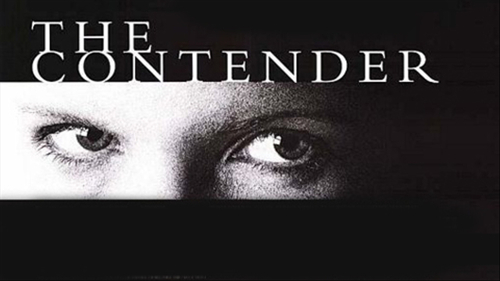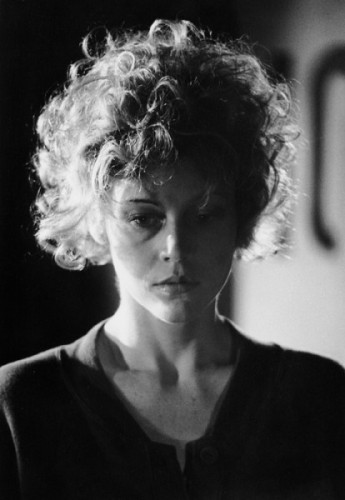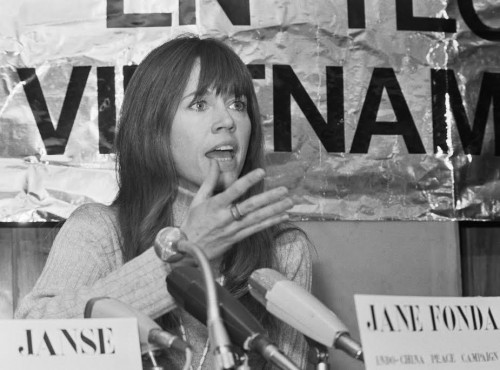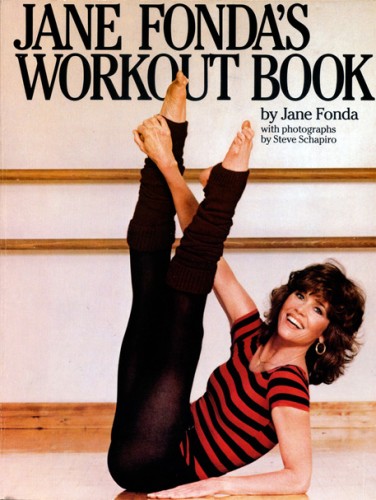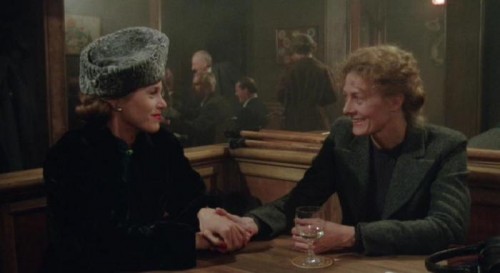
To my fellow Americans, happy election week! (Or, depending on your politics and your jurisdiction, unhappy election week). I thought I’d celebrate by revisiting one of my favorite political thrillers, 2000’s The Contender. I’m not sure if it is a credit to this film or a knock against American politics that that it holds up so well 14 years later. When The Contender was released, Hillary Clinton was in the midst of her first Senate campaign. Now, she’s the front-runner to be the democratic nominee in the next presidential election. But The Contender still feels extremely relevant.
You’d think The Contender’s assertion that “A woman will serve in the highest level of the executive. Simple as that!” would feel less bold now, with 14 years and eight elections having passed, aBlack president in his second term and a woman poised to succeed him. But everything we see Joan Allen’s Laine Hanson go through to be confirmed as a vice presidential appointee seems no less plausible in 2014 than it was in 2000.

The Contender sees Jeff Bridges as lame duck president Jackson Evans (what a great fake president name that is) designating a replacement for his deceased vice president. After the presumptive designee gets tangled up in a news story involving an accidental death, he chooses Ohio senator Laine Hanson, daughter of a governor, liberal Republican turned conservative Democrat, mother of one, terrible basketball player. She’s a lifelong public servant, a true believer in American democracy, 100 percent ready to serve at the pleasure of the president despite her concerns the vice presidency will mean a loss of political power.
But she’s surrounded by doubters, in public opinion, in Congress, even within the president’s staff. The symbolic importance of a woman in the office means something to President Evans, and his aides dismiss the historic designation his “swan song.” The members of Congress in her confirmation hearing, led by the repugnant Rep. Shelly Runyon (Gary Oldman) speak a lot of “greatness,” doubting that Sen. Hanson has it. It seems rather apparent that at least Runyon believes greatness and womanhood are mutually exclusive. Or at least her womanhood automatically makes her greatness suspect, because surely if “the cancer of affirmative action” were not in play, a man would get the nod.

This doubt of Sen. Hanson leads to brutal and baldly sexist attacks against her. The tamest of these is probably her being questioned about how she’d handle having a child in office, and the shocked silence that follows her answer “my husband and I practice birth control.” The crux of her oppositions strategy against her is a sex scandal involving her alleged “deviant sexual behavior” (basically, semi-public group sex) at a frat party she attended at the age of 19. Sen. Hanson refuses to dignify these “accusations” with a response because “if I were a man, no one would care how many sexual partners I had in college.” Photographs purporting to show her in the act are published on the internet. She’s ambushed on national television by a man claiming to have been a participant. But she remains steadfast in her refusal to deny or respond to the story, which does nothing to silence it.
Interestingly, it is a second “sex scandal,” one where she does admit to the allegations, that is nearly Sen. Hanson’s undoing. Runyon subpoenas the ex-wife of Hanson’s husband, who reveals his affair with Hanson when he ran her first campaign is what led to their divorce. Hanson admits she slept with another woman’s husband. This comparably “mainstream” sexual indiscretion, which again, would unlikely be seen as particularly relevant to the nomination of a man to the post, almost damns Hanson’s confirmation.

Sen. Hanson’s personal life is the main focus of her confirmation hearings even though she has some political views and personal beliefs that make even her election to the Senate suspect: she’s an atheist, she “stands for every gun taken out of every home, period,” though she’s also a military hawk. But with the exception of her support for reproductive rights and her atheism, her politics don’t seem much of interest to those who oppose her nomination. Both her supporters and her detractors mainly care about the symbolic importance of a woman as vice president.
Ultimately, Sen. Hanson is saved by a plot twist revealed through the investigation of plucky FBI agent Paige Willomina (Kathryn Morris, stealing scenes with her wickedly clever interrogations) that rules out the alternative designee, and President Evans deciding to stick by her and pull on all his charisma and clout to force her confirmation through. In his speech to a joint session of Congress, he says a woman in this office is “an idea whose time has come,” and claims Hanson has all the greatness she was doubted because she refused to play the petty political games to which Runyon and his cronies subjected her.

The Contender succeeds not only as an excoriation of attack politics and sexism against female politicians, but an endorsement of a candidate’s identity being relevant to their qualifications, another way of thinking about the so-called cancer of affirmative action. Something the film does extremely well is deny the myth of meritocracy in national politics. When you’ve got a huge pool of qualified candidates for a position like the vice presidency, “the best person for the job” is rarely if ever going to be a clear choice. After she’s completed her investigation, Agent Willomina begs the president’s chief of staff not to dump Hanson because “She’s hope… hope that there is no double standard. That the goals can be the same.” Hansen being a woman is part of what makes her the best choice for the job.
Fourteen years later, and none of this feels dated (well, the part where a Washington Post reporter literally prints out the faux Drudge Report Internet piece on the sex scandal and acts like he has a scoop is a bit jarring). It all feels pretty depressingly familiar, in fact. As much as I love the film, I wish The Contender didn’t stand up so well to the test of time.
